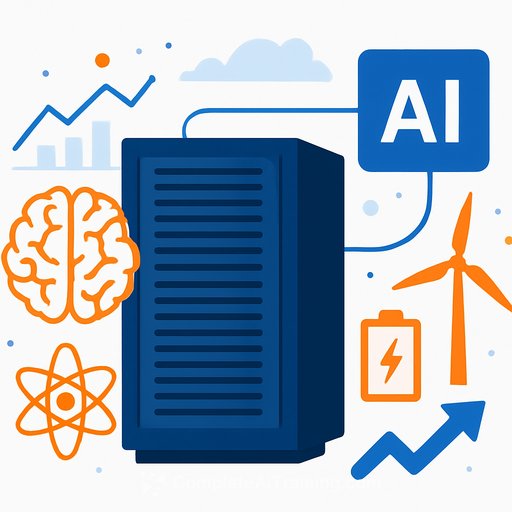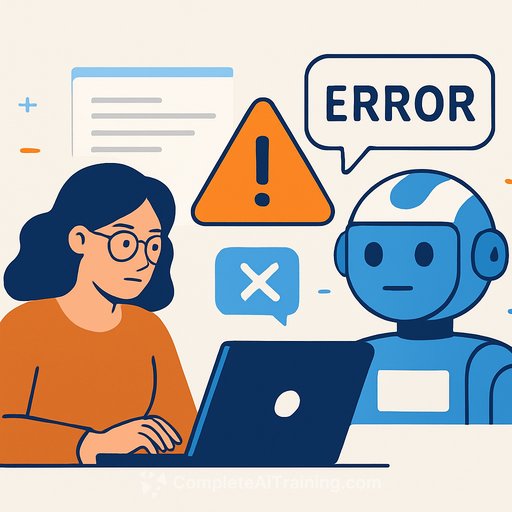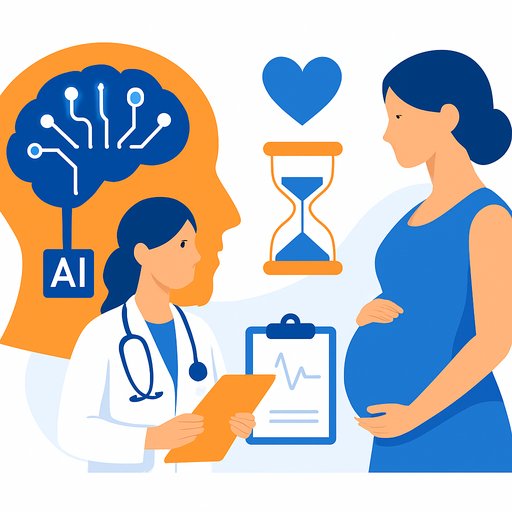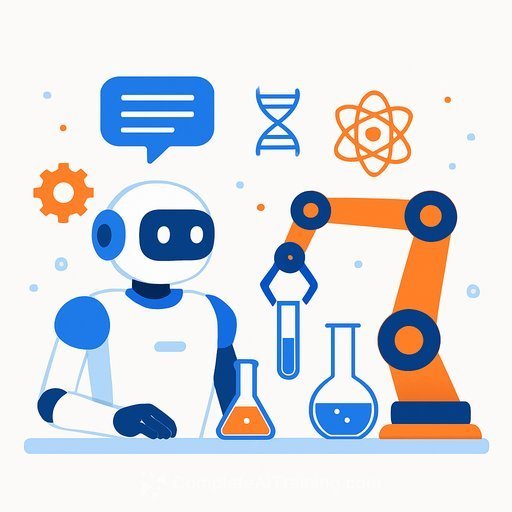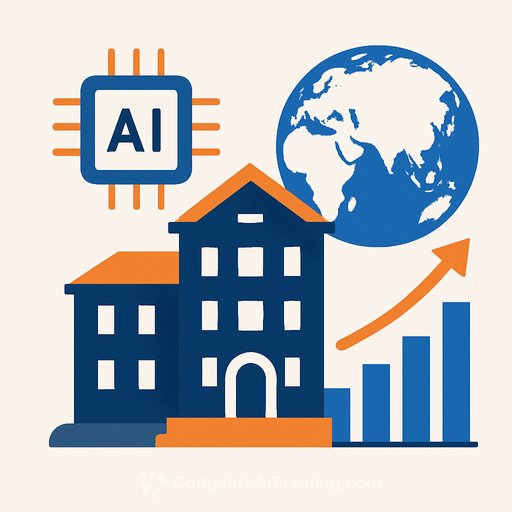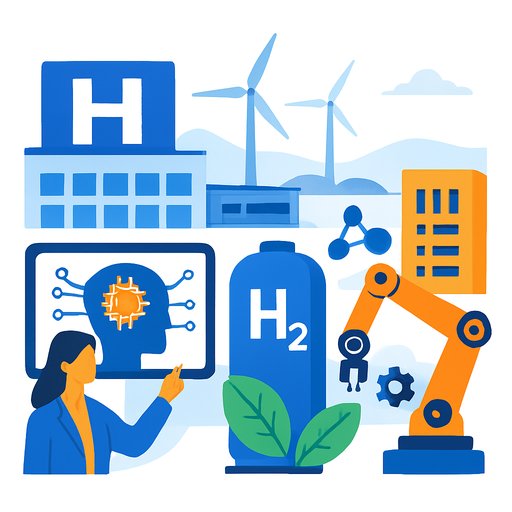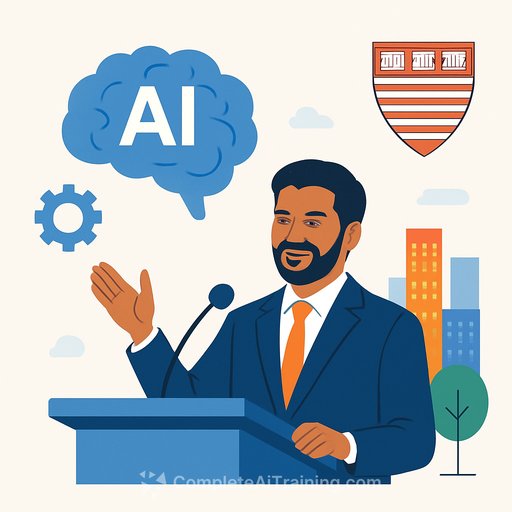The Genesis Mission: AI Meets Federal Science and Energy
The White House outlined a plan to apply AI across the Department of Energy's 17 national labs, opening large scientific datasets and powerful computing to researchers, companies, and national security practitioners. Energy Secretary Chris Wright called for using AI to analyze these vast datasets and promised an "incredible increase in the pace of scientific discovery and innovation."
Key agencies are being directed to make their data easier for neural networks and other AI tools to read. Funding will be supported in part by this summer's One Big Beautiful Bill Act, according to a White House official.
What's new
- Agencies must upgrade datasets with formats and metadata that work cleanly with AI models.
- Government scientific data and federal computing will be available to universities, private companies, and cleared national security researchers.
- DOE will build integrated software so scientists can pair lab datasets and instruments with AI systems.
Why this matters
"Since the 1990s, America's scientific edge has faced growing challenges," said Kratsios, citing fewer drug approvals and declining research outputs. He said the Genesis Mission intends to unify agencies' scientific work and integrate AI as a tool to change how science and research get done.
There's also a direct energy angle. Wright said the order aims to apply AI to boost domestic energy production and improve grid efficiency: "We're going to stop the rise of the price of energy." That's notable as experts point to AI data centers' rising electricity demand as a factor in recent price increases.
How it will work
DOE's integrated software will let scientists and engineers link datasets and lab instruments with AI neural networks. Expect AI to help automate experiment design, generate predictive models, and speed up advanced simulations across areas like protein folding and nuclear fusion.
- A White House official said advanced simulations are expected to run "10,000 to 100,000 times faster."
- DOE will assemble a portfolio of scientific and engineering challenges where AI can make a measurable impact, with a focus on energy problems, discovery science, and national security.
Access tiers for data
- Open research: Datasets available to a wide range of researchers, including universities and private-sector scientists.
- Proprietary projects: Restricted use for industry collaborations (e.g., a semiconductor firm using government X-ray accelerators to test new products).
- National security: Sensitive datasets limited to researchers with appropriate clearances.
The partners
Officials said the effort will connect federal datasets and supercomputers with private-sector AI "hyperscalers." Companies like Nvidia, Oracle, Dell, AMD, and Hewlett Packard Enterprise have existing supercomputing partnerships with Washington and are expected to participate in the Genesis Mission.
What agencies, labs, and researchers should do now
- Audit your data: Inventory datasets, instruments, and pipelines; prioritize by scientific value and feasibility of AI-readiness.
- Standardize metadata: Adopt consistent schemas and machine-readable formats to reduce friction for AI training and inference.
- Plan access controls: Map datasets to the three access tiers and align with privacy, security, and IP requirements.
- Co-locate compute and data: Prepare storage, networking, and scheduling so AI workloads can run near the data and on approved supercomputing resources.
- Target use cases: Start with high-leverage problems (e.g., simulation speedups, materials discovery, grid optimization) and define success metrics.
- Upskill teams: Equip staff with practical AI skills for data engineering, model development, and scientific computing.
Context and resources
Learn more about the DOE lab system and scientific computing programs:
- U.S. Department of Energy National Laboratories
- DOE Office of Science - Advanced Scientific Computing Research
If you need structured training for research and government roles adopting AI, explore role-based options here: AI courses by job.
Your membership also unlocks:

